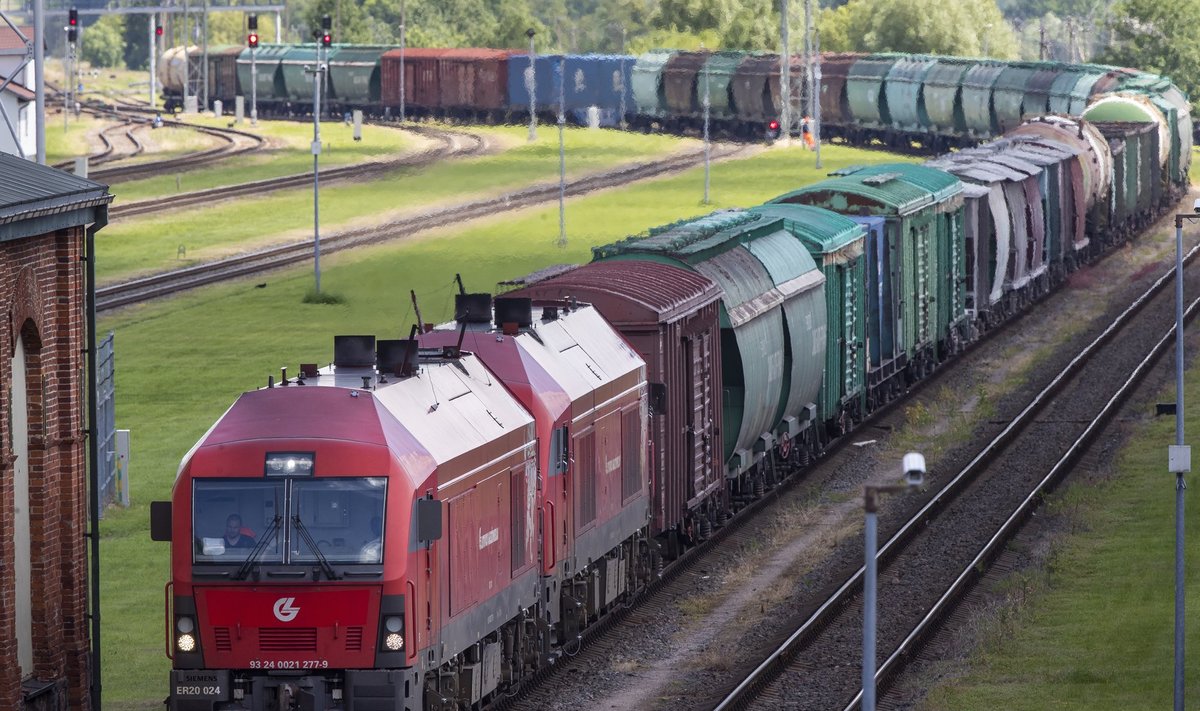"The state cannot oblige banks in any way, it will depend on their own decisions," the minister told the public radio LRT on Wednesday.
Lithuania's Siauliu Bankas announced in July it would stop processing payments in Russian roubles, regardless of the recipient's country, as of August 15, and will do the same for payments to or from Russia and Belarus in any currency as of September 1.
Skuodis says banks make payment decisions on the basis of several criteria: making sure that state institutions are monitoring the implementation of the sanctions and that they will not be violated, and taking their own value-based policy into account.
"Any bank that handles such payments has to be sure that state institutions are monitoring the implementation of the sanctions. This is where the Customs has a key role to play, and whether banks have confidence in the Customs and the wider circle of state institutions. If they do, then we come to the second question of whether banks will violate the sanctions in this way", Skuodis said.
He also said he could not imagine how transit could take place if it is not paid for.
"I cannot imagine that companies in my sector could provide services if they are not paid for. How they are paid for is the responsibility of customers. We believe that for those shipments that are allowed and are related to international commitments, one should be able to pay for them and the risks are not too high here. Whether this assurance will be sufficient for financial institutions? No, as this is a key role for the Financial Crime Investigation Service, the Customs and the shareholders of banks," Skuodis said.
Lithuania's Foreign Ministry said last week it had received a diplomatic note from Russia's temporary charge d'affaires in Lithuania Sergey Ryabokon over the potential suspension of Kaliningrad transit settlements, but the ministry has refrained to comment in detail on the issue.
The Russian diplomat told Russia's state-run Rossiya 24 TV channel that operators using the services of Lietuvos Gelezinkeliai (Lithuanian Railways, LTG), the country's state-owned railway company, in Russia are made to pay for freight transport, adding that Vilnius has diverted all these payments through the only bank, Siauliu Bankas. The latter is set to suspend all operations with Russia from September.
Other major Lithuanian banks – Swedbank, SEB and Luminor – stopped handling payments between Lithuania and Russia and Belarus some time ago.
Russia resumed the transit of sanctioned goods to Kaliningrad earlier this week, about a month after Lithuania banned it based on the European Commission's guidance issued in April.
After Russia called the restrictions a blockade of the Kaliningrad region and threatened to retaliate, the EU's executive body issued new guidance in July, saying that Lithuania had to allow the movement of sanctioned goods by rail.
